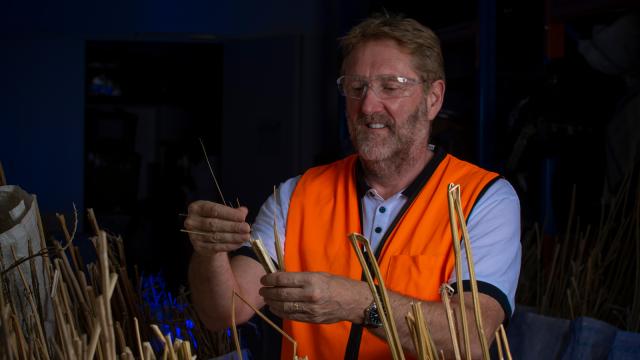Deakin University has announced it will establish a biofactory in Geelong as part of a Circular Economy Accelerator-Organics (CEA-O) project in partnership with the state government.
The Deakin BioFactory at the Waurn Ponds campus will pilot and test new processes to use food waste, agricultural waste, and marine by-products to develop new products including protein-rich feed, nutritional ingredients, fertiliser, cosmetic ingredients and biomaterials for medical and textile applications.
The biofactory will also link in with facilities at RMIT and Monash University to reduce organic waste going to landfill.
The $16.4 million CEA-O project includes $10 million in funding from the state government through the Victorian Higher Education State Investment Fund.
Deakin vice-chancellor Professor Iain Martin said the university was proud to play an integral role in positioning Victoria as an innovation leader in the processing of organic waste.
“This is a significant partnership between three universities who are working closely with industry partners to deliver new waste and recycling solutions – an important step towards establishing a multi-billion dollar bioeconomy for Victoria,” Professor Martin said.
“We are excited to be partnering with Monash and RMIT, as well as more than 20 industry partners, to provide an environment for the creation of sustainable products from food waste, organic farm waste and other biomaterials.
“This is a unique collaboration and we are delighted at the positive contribution we can make to the Geelong community and beyond.”
Program lead Professor Colin Barrow said the initiative would encourage investment in Victorian advanced manufacturing and create high quality jobs.
The project was officially launched last week by the Higher Education, Training and Skills Minister Gayle Tierney.
She said the project would create 10 jobs in research, engineering and construction and another 130 jobs in manufacturing, as well as learning opportunities for students in chemistry, environment, marine science and sustainability.
“This investment is about doing our part to help establish a more sustainable future and support the development of innovative practices to provide a circular economy,” she said.
“This will not only allow us to continue to build a sustainable future for all Victorians, but ensure our state remains at the forefront of job creation in the clean energy industry.”









